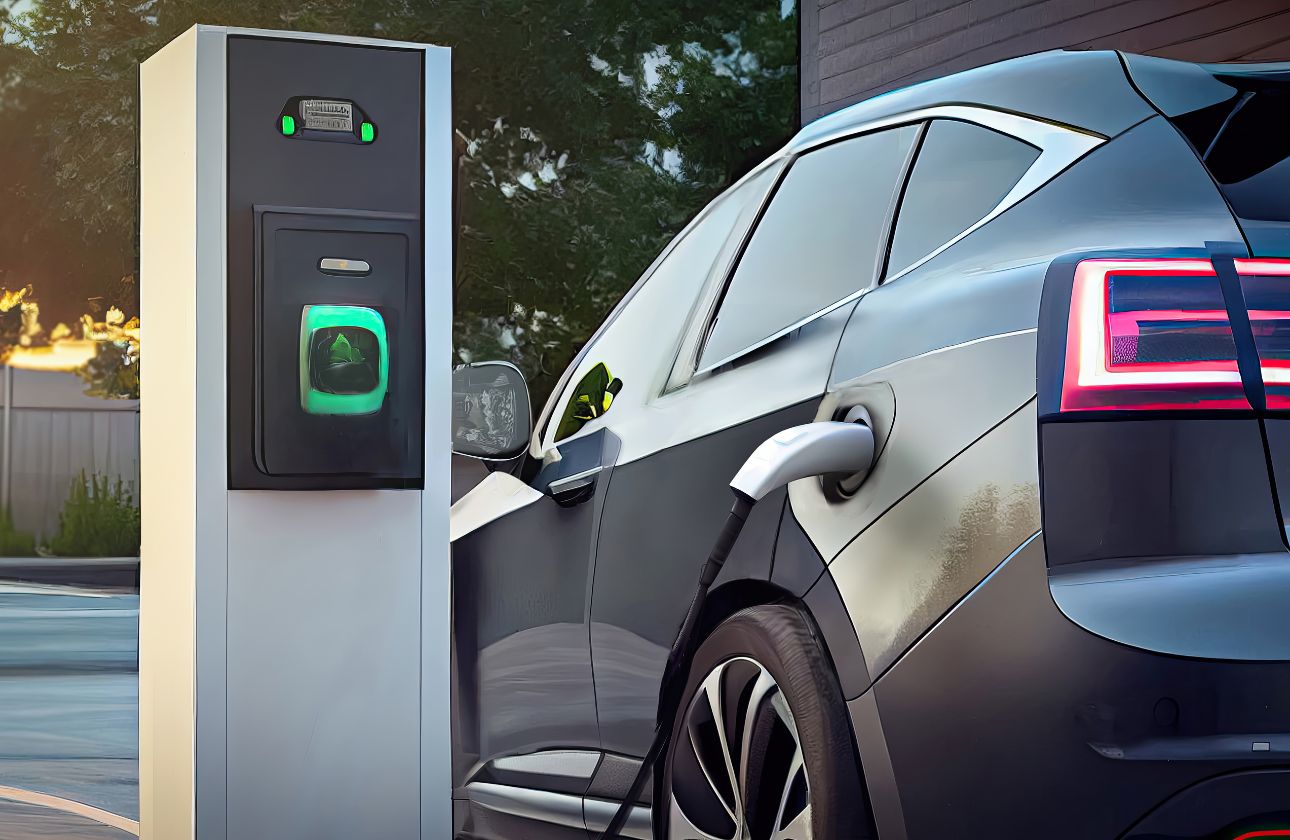Rise of Electric Vehicles
The global automotive industry is witnessing a transformative shift, driven by the surge in demand for electric vehicles (EVs). This revolution isn't just about innovation in mobility; it’s a green movement aimed at reducing carbon footprints and creating a sustainable future. With advancements in technology, infrastructure, and policy support, EVs are becoming a significant force in combating climate change.
Why Are Electric Vehicles on the Rise?
-
Environmental Benefits:
Traditional gasoline-powered vehicles are among the largest contributors to greenhouse gas emissions. EVs produce zero tailpipe emissions, making them an eco-friendly alternative. With renewable energy integration, they can further reduce dependency on fossil fuels. -
Technological Advancements:
The development of high-capacity batteries, faster charging technology, and extended ranges has made EVs more practical and appealing to consumers. -
Cost-Effectiveness:
Although the upfront cost of EVs is relatively high, the total cost of ownership is lower. Reduced fuel expenses and maintenance costs make EVs an economical choice in the long run. -
Government Incentives:
Many countries are offering subsidies, tax credits, and grants to promote EV adoption. Additionally, governments are investing in charging infrastructure to support the growing EV ecosystem. -
Consumer Demand for Sustainability:
A shift in consumer mindset toward sustainable living has significantly contributed to the rise of EVs. People are increasingly choosing green options for their daily commute.
The Role of Infrastructure in the EV Revolution
The widespread adoption of EVs hinges on the availability of robust infrastructure. Charging stations, battery-swapping facilities, and renewable energy integration are pivotal in supporting EV users. Governments and private companies are collaborating to expand the charging network globally, ensuring convenience and accessibility for EV owners.
The Challenges Ahead
While the rise of EVs is promising, it comes with its own set of challenges:
- Battery Disposal: Proper recycling and disposal of EV batteries are crucial to avoid environmental harm.
- Range Anxiety: Although battery technology is improving, many consumers still worry about the limited range of EVs.
- High Initial Cost: Despite cost reductions over the years, the upfront cost of EVs remains a barrier for some consumers.
The Future of Electric Vehicles
The future of EVs looks promising, with a projected exponential growth in their adoption. With advancements in autonomous driving, wireless charging, and energy storage, the EV market is poised to revolutionize transportation. Governments worldwide are setting ambitious targets to phase out internal combustion engine vehicles, further accelerating the green revolution.
The rise of electric vehicles marks the beginning of a green revolution on wheels. As the world moves toward sustainable living, EVs are becoming the cornerstone of this transformation. By addressing the challenges and fostering innovation, the EV revolution can lead to a cleaner, greener, and more sustainable future for all.




Comments (0)